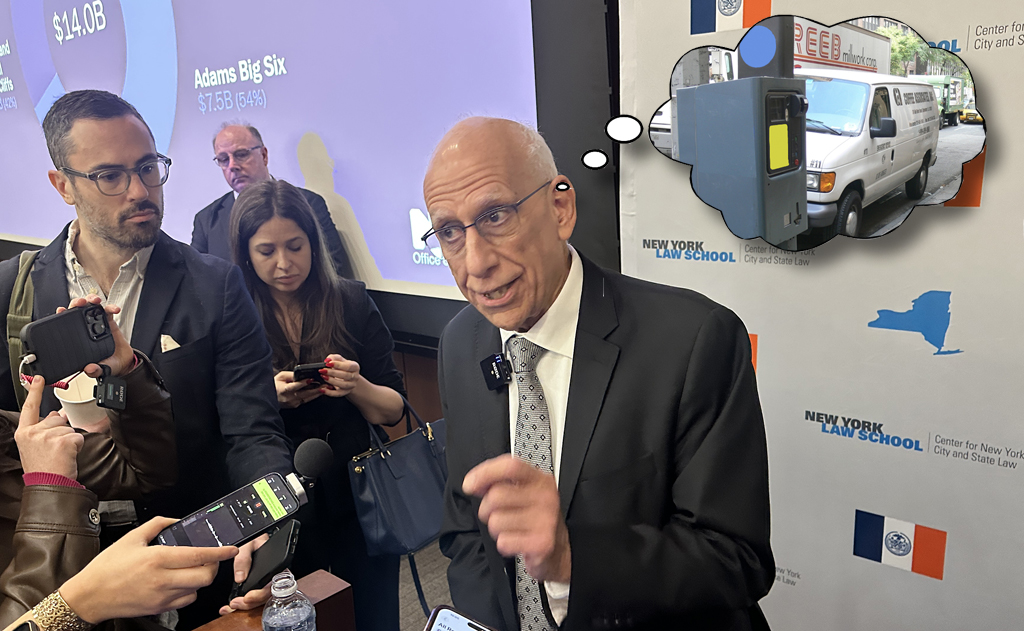For the uninitiated, the economics of curbside parking can be a tough subject to wrap your head around. Putting a price on parking runs counter to the orthodoxy that has prevailed in many American cities for the better part of a century: more or less, that free or artificially low-priced parking is a good thing.
A recent piece in the Boston Globe explored the concept of reforming curbside parking policy by aligning prices with demand. Globe writer Leon Neyfakh argued that higher parking prices (as much as $6 per hour) raised the question of equity. "The result, ultimately," he wrote, "would be a city where the rich have access to whatever spots they want, while everybody else has to settle for what’s affordable."
Paul Barter at Network blog Reinventing Parking says wait a second:
How does having the 'legal right' to park have anything to do with how parking should be priced? I have a 'legal right' to rent an apartment in the most prestigious street in my city. The fact that I, like most people, can't afford to do so has nothing to do with whether apartments should be market-priced. Of course, if significant numbers of people can't afford any decent shelter we must look for solutions. In market economies, those solutions are (usually) targeted and don't abolish market pricing for real estate generally. In any case, surely parking in busy urban streets is much less of a basic need than housing.
This brings me to 'compulsory car' thinking, which is a culprit in many of these equity objections. Many people seem to assume that driving is the only (tolerable) way to move around or that most drivers have little or no choice. They assume that if you can't afford to park in an area, then you can't afford to go there. Many people seem to be thinking of parking and driving as a basic necessity, like water. The politics of pricing for basic needs is always tricky. Highly automobile dependent societies, like the USA, are naturally especially prone to compulsory car thinking. However, the places where parking is scarce enough for performance prices to be high by today's standards also tend to be the kind of dense urban places that are richest in mobility alternatives. Cars are one option among many and are clearly not a basic need in order to reach such places, even when such a place is located within a generally auto-dependent metropolitan area.
Poor people, especially those who are car-free, may be the group that has suffered most from public subsidies to auto travel. Those who are truly concerned about equity issues should be enthusiastic supporters of dynamic parking.
Elsewhere on the Network today: M-Bike.org reports that in addition to hosting an auto show this year, Detroit is planning a a bicycle show and swap meet. Biking in LA says that despite the City of Angels' reputation for being not as bike friendly, cycling fatality figures show that increasing cycling activity seems to have produced a safety-in-numbers effect. And Rebuilding Place in the Urban Space uses the Portland region to demonstrate that urban growth boundaries aren't necessarily enough to prevent sprawl.






